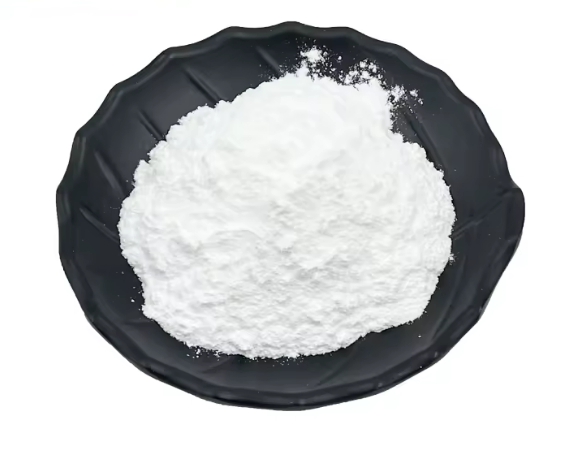Triptolide PG490 Powder
Formula | C20H24O6 |
Synonyms | Triptolide, Raitenin; triptolide, Tripterygium wilfordii polyglycosides |
Appearance | White to off-white Powder |
CAS number | 38748-32-2 |
Purity | 98% HPLC |
Source | Herbal Extract, Plant Based, Natural Source |
Structural classification | Terpenoids-Diterpenoids |
Storage | Cool Dry Place |
Description of bulk Triptolide PG490 Powder
Triptolide, often referred to as PG490, is a bioactive compound derived from the plant Tripterygium wilfordii, commonly known as Thunder God Vine. This plant is native to China and has been used in traditional Chinese medicine for centuries, particularly for its anti-inflammatory and immunosuppressive properties.
Triptolide can be considered an herbal extract, as it is obtained from a medicinal herb and retains the bioactive components that contribute to its efficacy. Research has shown that triptolide possesses a range of pharmacological activities, including anti-inflammatory, anti-cancer, and immunomodulatory effects, making it a subject of interest in both traditional and modern medicine.
Bulk Triptolide (PG490) powder is for sale at a competitive price.
Specification
ANALYSIS | SPECIFICATION | RESULTS |
Appearance | White fine powder | Complies |
Odor | Characteristic | Complies |
Assay(HPLC) | 98% | Complies |
Sieve analysis | 100% pass 80 mesh | Complies |
Loss on Drying Residue on Ignition | ≤5.0% ≤5.0% | 3.9% 4.2% |
Heavy Metal | <20ppm | Complies |
Residual Solvents | <0.5% | Complies |
Residual Pesticide | Negative | Complies |
Total Plate Count | <1000cfu/g | Complies |
Yeast & Mold | <100cfu/g | Complies |
E.Coli | Negative | Complies |
Salmonella | Negative | Complies |
Applications
- Rheumatoid Arthritis: Triptolide is often studied for its ability to reduce inflammation and joint damage in autoimmune conditions like rheumatoid arthritis.
- Other Inflammatory Disorders: It may also be beneficial in treating conditions characterized by excessive inflammation.
- Anti-Cancer Properties: Research indicates that triptolide can induce apoptosis (programmed cell death) in cancer cells and inhibit tumor growth in various types of cancers, including breast, lung, and prostate cancer.
- Chemotherapy Sensitization: It may enhance the effectiveness of certain chemotherapy agents, making cancer cells more susceptible to treatment.
- Organ Transplantation: Triptolide’s immunosuppressive properties may be useful in preventing organ rejection during transplantation.
- Autoimmune Diseases: It is being explored as a treatment for autoimmune diseases by modulating the immune response.
- Neuroprotective: Some studies suggest that triptolide may have neuroprotective effects, potentially benefiting conditions like Alzheimer’s disease and other neurodegenerative disorders.
- Antimicrobial Activity: There is some evidence to suggest that triptolide possesses antimicrobial properties, making it a candidate for treating certain infections.
- Skin Disorders: Due to its anti-inflammatory effects, triptolide may be useful in treating skin conditions such as psoriasis and eczema.
- Metabolic Disorders: Preliminary studies indicate that triptolide may play a role in weight management and metabolic syndrome by affecting glucose metabolism and lipid profiles.
Triptolide Powder Reference
- Triptolide (TPL), the main active ingredient of Tripterygium wilfordii, has anti-inflammatory, immunomodulatory, and antitumor actions. It can also inhibit cell proliferation and metastasis while promoting apoptosis of several tumors, such as colorectal cancer (CRC). However, the mechanism of TPL against CRC is not clear. This study was designed to investigate the effects and molecular mechanisms of TPL on the proliferation and invasion ability of CRC cells.

